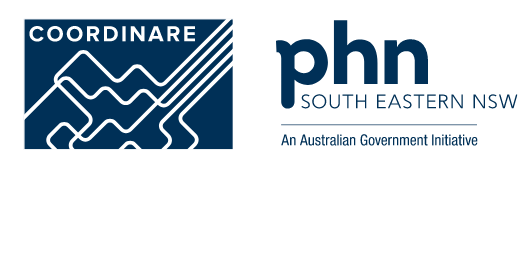
Important developments to national cancer screening programs
14 June 2024
There are several important developments to the national cancer screening programs including:
- A national campaign promoting HPV self-collection has commenced. Initially it targets health providers, Aboriginal and/or Torres Strait Islander and culturally and linguistically diverse patients, then patients with a disability later this year.
- From 1 July people aged 45 to 49 will be eligible to screen with the National Bowel Cancer Screening Program.
- A national lung cancer screening program will be introduced in 2025.
Read more below.
HPV self-collection campaign : Are YOU ready to support the choice?
A national campaign promoting the HPV self-collection option for cervical screening commenced in May. The campaign will focus on empowerment and choice in cervical screening and will directly target Aboriginal and/or Torres Strait Islander and culturally and linguistically diverse patients, along with healthcare providers. The Australian Centre for the Prevention of Cervical Cancer (ACPCC) will deliver healthcare provider education as part of the national self-collection campaign.
The Enhancing Equity in Cervical Screening Project will be launching in the second half of the year to support increasing participation in the National Cervical Screening Program for patients with a disability. The project will include webinars and resources for healthcare providers on delivery of trauma-informed cervical screening care for people with disability.
HPV self-collection allows screening participants to take their own vaginal sample for HPV testing. It is just as sensitive for the detection of CIN2+, adenocarcinoma in situ, and oncogenic HPV as a clinician-collected cervical screening test via a speculum examination and is an available option for all routine participants in the National Cervical Screening Program.
Self-collection is one of the best tools we have available to increase cervical screening participation, address disparities in screening, and keep us on track to eliminate cervical cancer in Australia by 2035. For information, patient resources and to register for health provider webinars visit the ACPCC Resource Hub.
National Bowel Cancer Screening Program age lowered
As part of the 2024-25 Budget, the Government has announced that from 1 July 2024, people aged 45 to 49 are eligible to participate in the National Bowel Cancer Screening Program.
This change was introduced following recommended changes to the Clinical practice guidelines for the prevention, early detection, and management of colorectal cancer. Learn more here.
Eligible people aged 45 to 49 will be able to join the Program by requesting their first bowel screening kit here or by calling the National Cancer Screening Register Contact Centre on 1800 627 701. They will also be able to talk to their doctor about getting a kit through the program’s Alternative Access To Kits model.
Once people request their first kit, their next kit will automatically be mailed to them 2 years after their last test result—consistent with existing program arrangements for people aged 50 to 74.
Introduction of a national lung cancer screening program
The National Lung Cancer Screening Program is due to start July 2025. Eligible at-risk people who are 50-70 years old will be offered a low-dose computed tomography scan every two years, as well as follow-up scans if there are any findings. Ineligible people will be referred to Quitline services.
Only people without active symptoms of lung cancer, and who are or have been heavy smokers for a significant period of time will be eligible for the screening program. They will need to have a 30 pack-year history (ie. a pack a day for 30 years, or two packs a day for 15 years). Most people who vape are too young for this level of exposure.
Eligible people must get a referral from their GP to participate in the screening program. Learn more here.
The National Cancer Screening Register (NCSR) will provide program information and reminders to participants. Healthcare providers may access participant information and remind them if they need to take action in relation to lung cancer screening. Read more about using the NCSR under the NLCSP here.
PHNs are being asked to work with GPs now to make sure they record patient smoking status, including smoking history and pack/day in time for the program commencement. Your COORDINARE Health Co-ordination Consultant will be able to advise if required.
Visit COORDINARE's cancer screening webpage for more resources and information to assist your practice.

